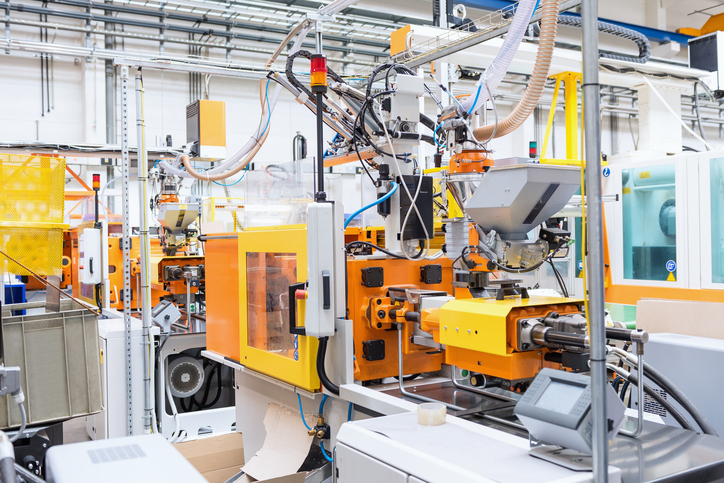Both business needs and the public’s desire to speak with others all over the world, regardless of language barriers, have resulted in a booming machine translation market. But businesses can’t afford to rely on automated translation tools alone.
Our newly globalised society has had a massive impact on the demand for real-time interpreting services, and the new technology is not without risks.
Machines have no contextual knowledge
Automated translation systems have no background knowledge of anything at all other than the language(s) which they are programmed to translate. Even one of Google Translate’s own researchers has said that their most recent, high tech AI update “doesn’t have a model of how the world actually works yet.”
While at first, this may not sound like a bad thing, the truth is that a good translator or interpreter will have experience translating in their chosen field (ie. medicine, corporate law, games & apps, etc.). Furthermore, screening for “grammatical or spelling errors by a second mother-tongue translator” is a core component of quality translation highlighted by Global Voices.
Having relevant contextual knowledge will also ensure that your translation adheres to the necessary social conventions and, as is often necessary, legal requirements, of each culture/country involved in the translation, depending on what the situation(s) dictate. So until a translation app can help you decode medical terminology in Brazilian Portuguese, or on the best way to sign off an email in Japanese, human translation will remain vital to businesses.
Their translations aren’t always perfect
In fact, often, they’re downright silly. Because the technology isn’t perfect, and there’s often no one with the linguistic expertise to properly proofread an automated translation, the translations produced are often sub-par.
Even the new Google Translate AI update, while a formidable piece of technology, cannot distinguish between potential subjects in a sentence. In an article by The Washington Post, the following example is highlighted:
“Given the sentence “The trophy cannot fit in the cabinet because it’s too big,” the model could mistranslate because it doesn’t know which “it” is the one that’s too big.”
If simple, common sense errors in machine translation such as this can still persist, then the jobs of human translators are certainly safe.
There simply are too many languages in the world
As yet, no one has programmed an automated translation tool which can function in every known language in the world.
There are between 6000 and 7000 languages in the world (that we know of), and roughly a whopping 1000 of these have some kind of economic significance. At last check, Google Translate caters to around 100, Facebook 101, and Microsoft Translator a mere 62. While you may be hard pressed to find a translation company which can cater to every single one of the economically significant languages in the world, if you look carefully enough, there will be a translation company out there that can cater to your language needs



 Bitcoin
Bitcoin  Ethereum
Ethereum  Tether
Tether  XRP
XRP  Solana
Solana  USDC
USDC  Cardano
Cardano  TRON
TRON  Lido Staked Ether
Lido Staked Ether  Avalanche
Avalanche  Toncoin
Toncoin